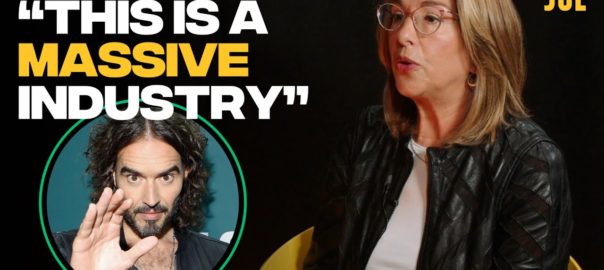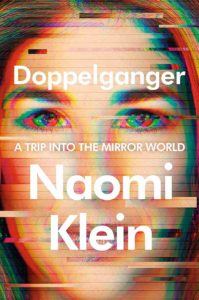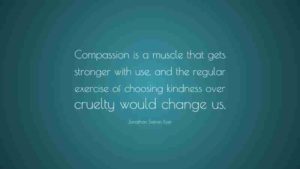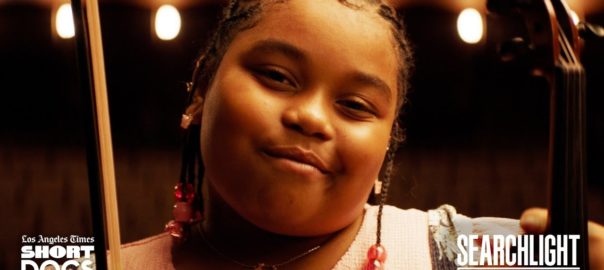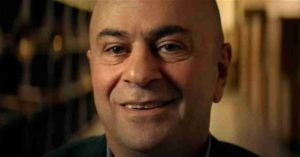Porché Brinker plays violin in The Last Repair Shop, which tells the story of technicians who repair public school musical instruments in Los Angeles free of charge, and the kids who play them.
Only one documentary short nominee this year has the full balance of human interest, social relevance and aesthetic appeal that tends to make a winner.
It’s the Oscar-nominated The Last Repair Shop, directed by Halifax filmmaker Ben Proudfoot, who won two years ago for The Queen of Basketball, a New York Times Opinion production, and the composer Kris Bowers, who was nominated with Proudfoot for A Concerto Is a Conversation, another Times Opinion documentary.
This time, both have made their documentary with The Los Angeles Times.
“In a warehouse in the heart of Los Angeles, a dwindling handful of devoted craftspeople maintain more than 80,000 student musical instruments, the largest remaining workshop in America of its kind. In the film, you’ll meet four unforgettable characters whose broken-and-repaired lives have been dedicated to bringing so much more than music to schoolchildren in Los Angeles.”
The Last Repair Shop is a great film, a moving, elegiac and engaging must-watch if you’re a family, a teacher or are dedicated to public education.
The entirety of the film is available on YouTube, or on Disney+. If you have a Smart TV, you’ll absolutely want to watch the film on the bigger screen.

Steve Bagmanyan is the supervisor of the L.A. Unified School District’s Musical Instrument Repair Shop
In The Last Repair Shop, the repair shop of the title fixes instruments for the city’s school district, the film relating the story of the L.A. Unified School District’s Musical Instrument Repair Shop — the last public school district in the U.S. to service musical instruments free of charge — where 11 technicians service about 6,000 instruments each year for more than 1,300 schools across the city.
Steve Bagmanyan, supervisor of the repair shop: “Music can do wonderful things. Music can change lives. Music can take you off the streets. Music can fill you up with joy, with happiness.”
The opening text says the service has been offered to students for decades.
The Last Repair Shop presents the recollections of four specialists (in strings, brass, woodwinds and piano), who share their experiences of immigration, of coming to terms with being gay and even of opening for Elvis in a bluegrass band, a long-term payoff of buying a $20 fiddle at a swap meet.

Porché Brinker in Ben Proudfoot’s Oscar-nominated documentary short film, The Last Repair Shop.
Schoolchildren further testify to how music affects their lives. The contrast gives The Last Repair Shop a gentle inter-generational poignance, as it makes an uninflected case for the importance of financing public school music education.
It’s not just the students whose lives have been changed by music.
The people who repair the instruments all have their own stories to tell — whether it’s about travelling the country with a $20 fiddle from a flea market, leaving home to chase the American dream, growing up gay in the ’70s, or even surviving ethnic cleansing.
And at the centre of each story is music, and a desire to repair — and to heal.
“We all have broken relationships, broken promises. The world is, in many ways, broken. And I think what these people stand for is an optimism that sometimes you can make things whole again with enough effort and care and patience,” Ben Proudfoot says.
“You can’t fix everything that’s broken. But sometimes you can. And for that one time out of 10 where you can, it’s worth doing. And I think there’s not too many lessons better than that.”

The Last Repair Shop is a love letter to the role of music in public education, a testament to seeing how broken something may be — and fixing it anyway.
And it’s a tribute to those who toil away, largely without recognition, in service of the important task of helping the next generation realize their dreams.



